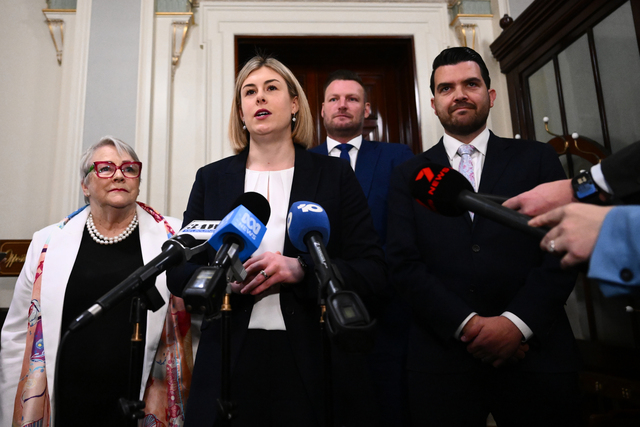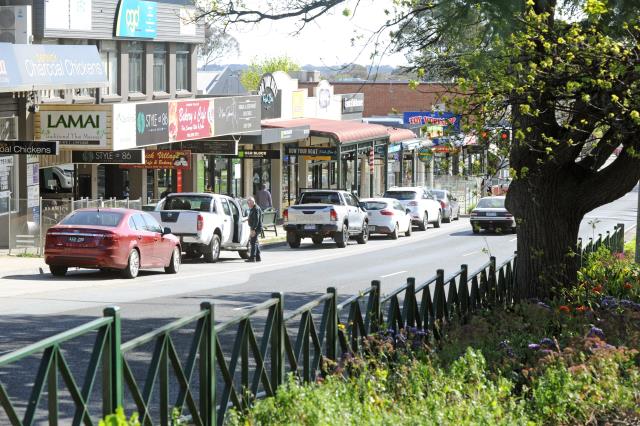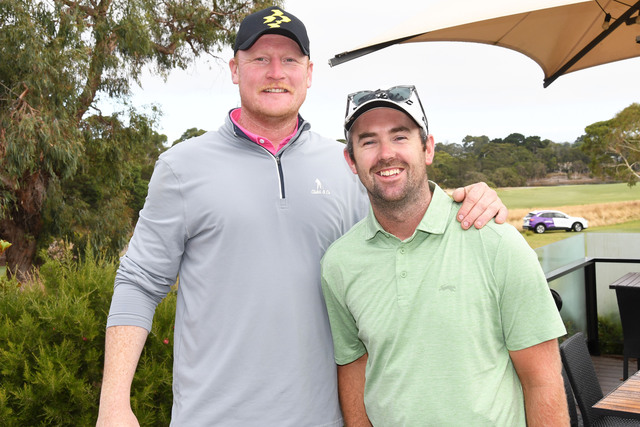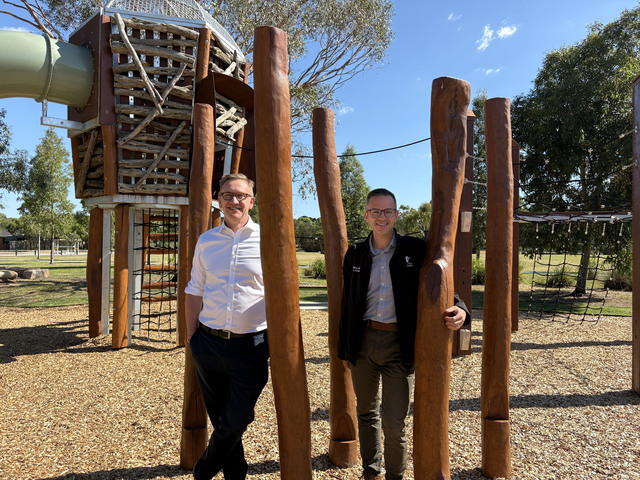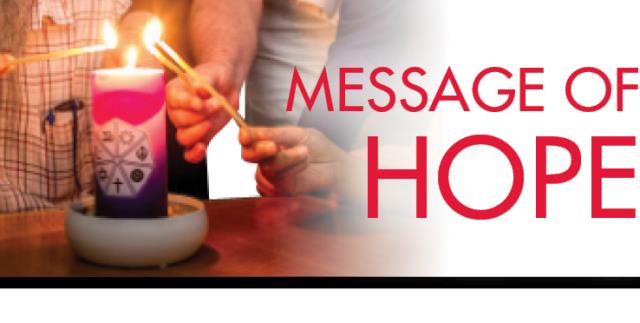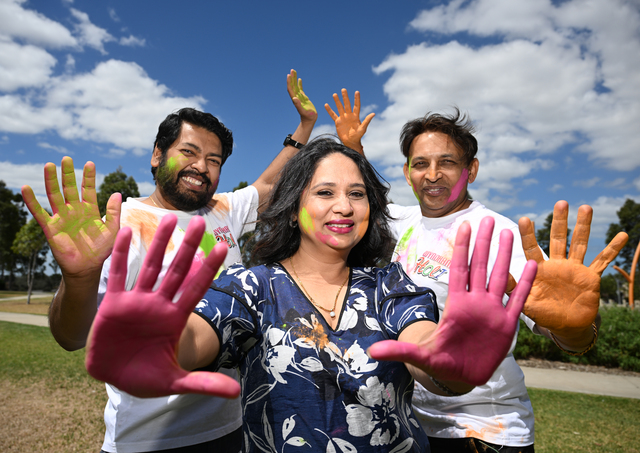By CASEY NEILL
IT’S up to migrant jobseekers to understand the nuances of Australian workplaces, according to Aaron Mashano.
The African-born CEO of Dandenong employment agency Leaders of Tomorrow chaired the Migrant Youth Employment Forum at the Drum Theatre in Dandenong last Tuesday, 2 September.
He told the audience he carried around a notepad to jot down Aussie slang terms, like ‘bob’s your uncle’ and ‘fair dinkum’.
“It helped me to connect with employers later on,” he said.
Mr Mashano also urged attendees at the free South East Local Learning and Employment Network (SELLEN) event not to be afraid to clarify anything they didn’t understand during a job interview.
“In some cultures you don’t question an elder,” he said.
“Here it’s a show of interest.”
Panel members included Coles acting national talent acquisition manager Karen MacCullum, Village Roadshow human resources officer Caitlin Fraraccio, Target Dandenong store manager Chatura Wickramasinghe, MMC Group Consulting general manager Graeme Stephenson, Bunnings employee relations co-ordinator Darren Moulder and NAB education and corporate responsibility consultant Jade Moffat.
They suggested jobseekers without previous work experience provide character references could attest to personal attributes which are helpful in a workplace.
“What is important is your personality. We can teach you the skills,” Ms MacCullum said.
Attendees heard that volunteering experience was extremely valuable.
Ms Moffat suggested volunteering in a field related to the employment area they were interested in, like an op shop for retail or a soup kitchen for hospitality.
“You’ve got some skills that you can take to an employee,” she said.
Ms Fraraccio said volunteering also said a lot about a person’s character.
Panellists said some overseas qualifications didn’t transfer to Australian workplaces, so they advised jobseekers to list the skills they gained in obtaining the qualifications.
One audience member told the panel her friend used an Australian name on their resumes and was more successful in gaining job interviews.
Mr Wickramasinghe said it was important to “be who you are” and include their real name, but suggested a preferred name could be helpful.
He also asked if they’d really want to work somewhere that wouldn’t interview them based on their name.



